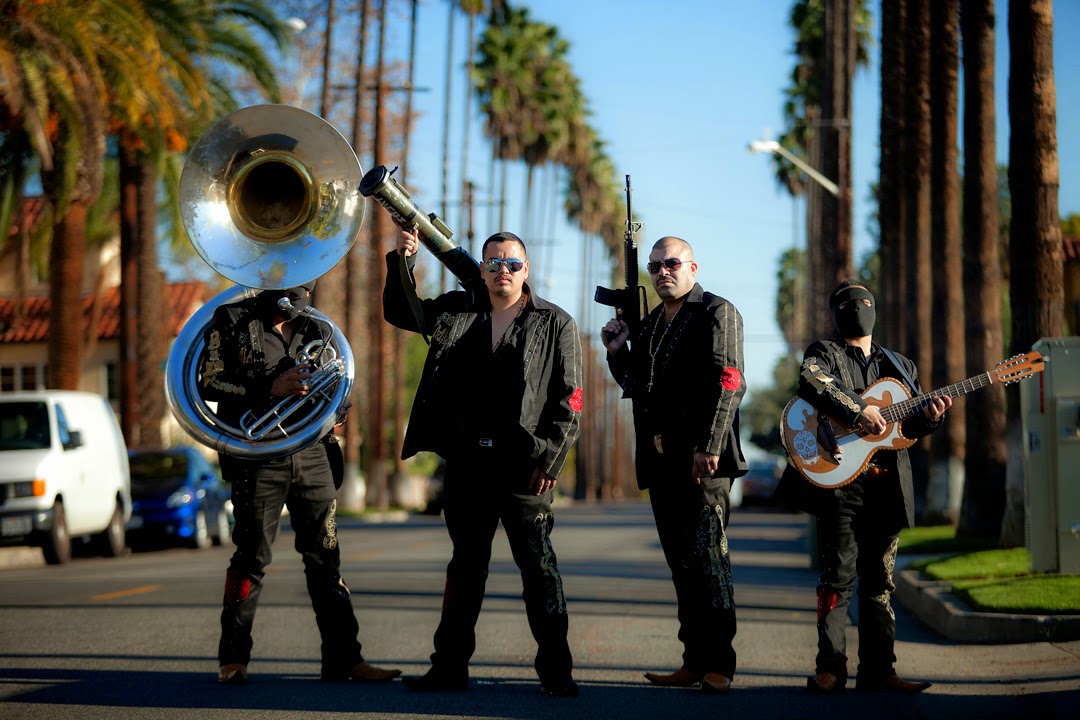To be upfront, I have been a supporter of Edward Snowden for a long time. That being said, I truly tried to go into this film with a balanced perspective. After all, none of us really truly know what his motivations were when he made the leaks that he did. I went into the film with the expressed purpose to find out what his motivations were.
The beauty of the film is that unlike most documentaries, instead of telling us what to understand, it shows you. It shows us with remarkable clarity who Ed Snowden is. We see that he is a man just like you and I. A man who truly loves his country, and wants to do what is right. Even as he struggles with knowing what is right we see that he is prepared to take responsibility for his actions whatever they are. At least this is how I interpreted what was presented. His story is told through dialogue between himself and reporters and by a day by day recounting of his story. We are able to see the micro expressions of his face as he watches the coverage of his leaks and the firestorm that erupts around the world. There are beautifully extended shots of Snowden being a regular human being just like you or me. We see him make jokes, laugh, become frustrated. We see him become seemingly paranoid as he covers himself with a blanket in order to input his decryption key. In one funny scene we see him try and help Glenn Greenwald navigate his laptop.
Most sobering of all, we see a real fear come to his face as he and his girlfriend begin to face the consequences of his actions.
Most of us already know Snowden's story, but despite this the film was made with David Fincher's feverish storytelling style that has the audience at the edge of their seat. Hannah and I went to a boutique theater to view the film and as it was a matinee there were only twenty other people in a theater that fit 300. Even so, there was a standing ovation at the conclusion.
Most sobering of all, we see a real fear come to his face as he and his girlfriend begin to face the consequences of his actions.
Most of us already know Snowden's story, but despite this the film was made with David Fincher's feverish storytelling style that has the audience at the edge of their seat. Hannah and I went to a boutique theater to view the film and as it was a matinee there were only twenty other people in a theater that fit 300. Even so, there was a standing ovation at the conclusion.
I really enjoyed this documentary and it is probably the best that Hannah and I have seen this entire year. The reason I enjoyed it was not because I believe that Snowden was trying to do what he felt was right, but rather because this film presented the facts and allowed the viewers to make their own decision about Snowden and his actions. I sincerely hope that everyone sees this film, not only for the content but for the quality of the filmmaking.
Whether you agree or disagree with Snowden's actions, every American should be acquainted with the facts of his actions and the reaction by the government. Once you have made your decision about what you believe and what you value, you should live it out by going to your local polling station and voting on Tuesday, Nov. 4, in a way that supports what you have concluded from seeing this film.
https://citizenfourfilm.com/
Whether you agree or disagree with Snowden's actions, every American should be acquainted with the facts of his actions and the reaction by the government. Once you have made your decision about what you believe and what you value, you should live it out by going to your local polling station and voting on Tuesday, Nov. 4, in a way that supports what you have concluded from seeing this film.
https://citizenfourfilm.com/

















































